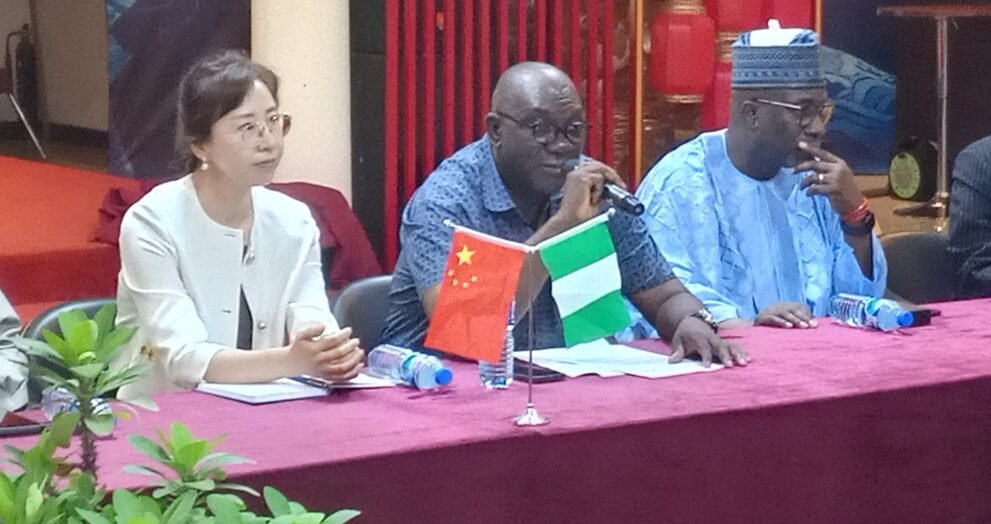NIGERIA-CHINA TRADE RELATIONSHIP CRUCIAL FOR ECONOMIC GROWTH
The Centre for China Studies in Abuja recently held a dialogue with business communities, academics, and professionals to discuss trade, investment, and the impact of the current tariff wars between China, the United States, and its implications for Nigeria and Africa. The dialogue, themed “Maintaining Resilience and Seeking Opportunities in Nigeria-China Cooperation, amidst International Trade Disruptions and Tariff Wars,” highlighted the importance of strengthening the Nigeria-China trade relationship. Director of the Centre for China Studies, Dr. Charles Onunaiju, while welcoming participants to the dialogue, highlighted the growing Nigeria-China bilateral trade relationship, which exceeded $20 billion last year and is poised for exponential growth. He noted that this development presents a favorable opportunity for Nigeria’s economic diversification, with non-oil exports increasingly making their way into the vast Chinese market. Dr. Onunaiju also mentioned the upcoming 4th China-Africa Economic and Trade Expo, which will provide concessional access for African agricultural products to the Chinese market and facilitate direct engagement between stakeholders from both nations. The Ambassador of China to Nigeria, Yu Dunhai, noted that the ongoing tariff war between China and America has caused tension between the two countries and their partners. “It is not the end of it, we need to work together to sail through because China and Nigeria value their partnerships and cooperation,” he said. The Ambassador, represented by Ms. Hairong Dong, added that with about $22 billion worth of trade and investment between both countries, their cooperation is the best in West Africa. The Minister of Foreign Affairs, Ambassador Yusuf Tugar, lauded the Nigeria-China relationship, saying it is rooted in mutual respect, strategic collaboration, and economic development. “As international trade faces turbulence from tariff wars and supply chain disruptions, our nations must seize this moment, not just to withstand challenges, but to unlock new opportunities that will propel our economies forward,” he said. The dialogue brought together experts, including the Humanitarian Minister and Poverty Eradication Minister, Professor Nentawe Yilwatda, and other academic scholars, to find joint solutions to the lingering debate. They discussed ways to maintain resilience and seek opportunities in Nigeria-China cooperation amidst international trade disruptions and tariff wars.


































































































































































































































































































































































































































































































































































































































































































































































































































































































































































































































































































































































































































































































































































































































































































































